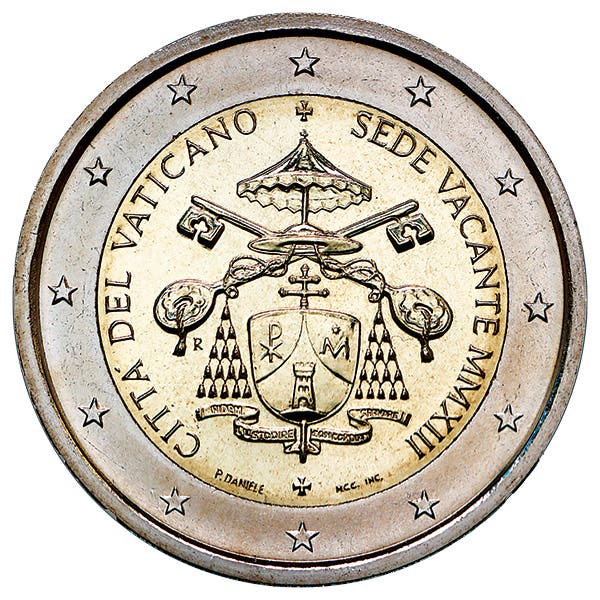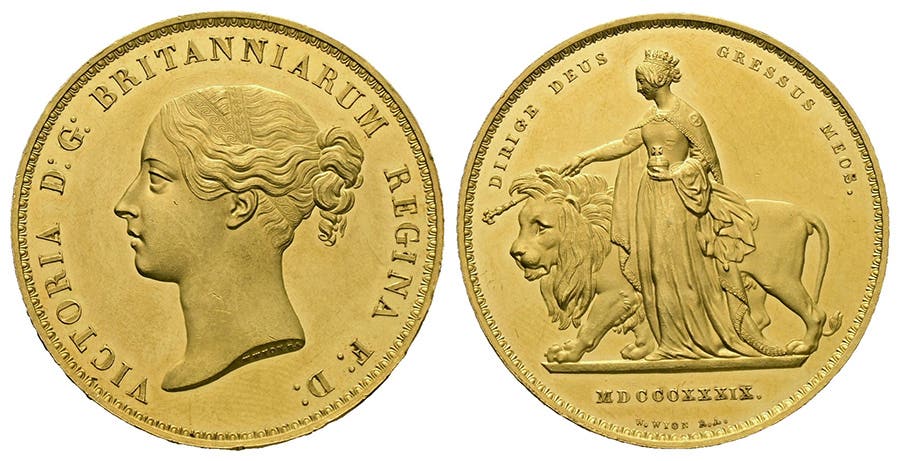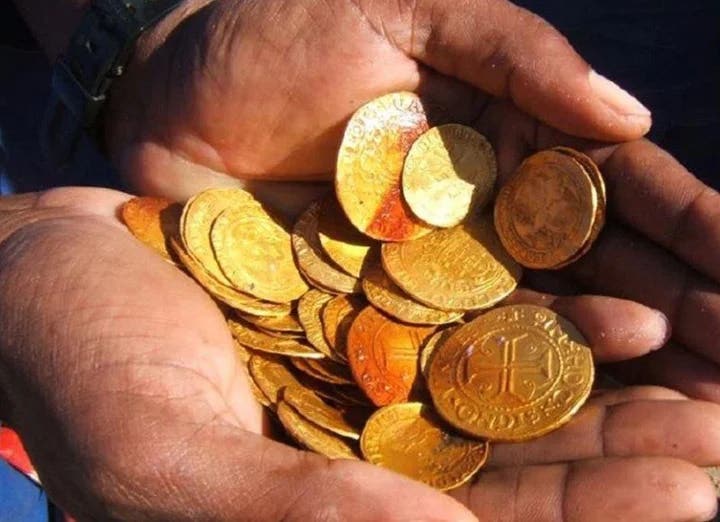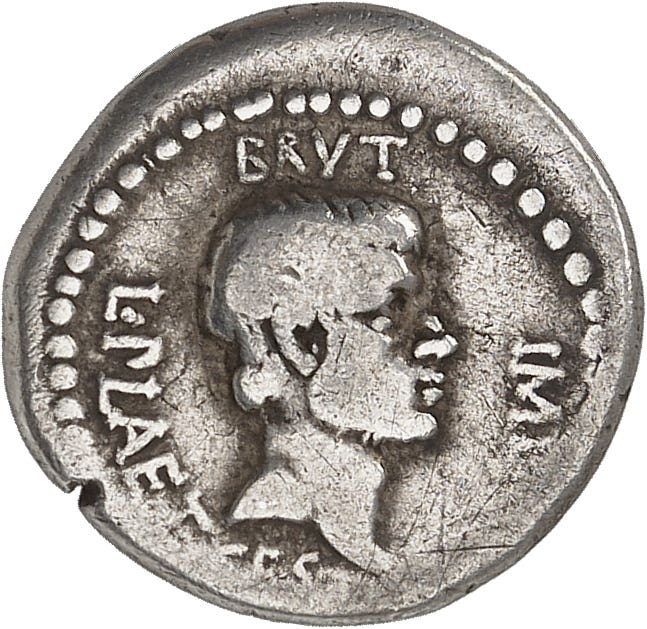State Department Ignores Cultural Property Committee
The U.S. Department of State entered into a new Memorandum of Understanding with Yemen without the Cultural Property Advisory Committee’s approval.
Did the U.S. Department of State recently overstep its bounds by entering into a new Memorandum of Understanding with Yemen without the requisite vetting by the Cultural Property Advisory Committee or waiting for public comments?
The United States has been entering into MoU with individual countries to protect cultural resources and property since 1983 when Congress passed the Convention on Cultural Property Implementation Act or 19 USC 2601-2613. This implements a U.S. obligation under the 1970 Convention on the Means of Prohibiting and Preventing the Illicit Import, Export, and Transfer of Ownership of Cultural Property.
One of the important components of each MoU is the U.S. committing to restrict the import of undocumented archaeological objects, including coins. The goal of each State Department MoU is to reduce looting.
Coins are not always included in objects to be scrutinized in MoU, however, coins can become a political football, particularly due to the Antiquities Coalition, an archaeological organization that lobbies CPAC with the attitude that perhaps all archaeological objects should remain where they were found.
Currently, ancient coins identified as having originated in Algeria, Bulgaria, China, Cyprus, Egypt, Greece, Iraq, Italy, Jordan, Libya, Morocco, Syria, and Yemen are on a list that requires their importation to be proved to have been made prior to specific dates by presenting satisfactory evidence to that effect.
Whenever there are hearings regarding the introduction or renewal of a MoU, CPAC vets the request while there is a period in which public comments can be made. One of the problems with coins is that since they may have originated from an ancient empire, how do you assign them as the property of a modern country with different boundaries, cultures, and political agendas?
Now, according to Washington attorney Peter Tompa who, among other things, has served as co-chair of the American Bar Association’s Art and Cultural Heritage Law Committee and board member of the Committee for Cultural Policy, the State Department has entered into a new MoU with Yemen without the requisite vetting by CPAC or the opportunity for public comment. Yemen is run by factions aligned with China, Iran, and Saudi Arabia.
The State Department presumably engineered the Yemen MoU without vetting it through the Cultural Property Advisory Committee and allowing public comment as required under CPIA. When previously, in 2019, Yemeni import restrictions were reviewed by CPAC, there was substantial opposition from Jewish exile and coin collector groups.
According to CulturalPropertyObserver.Blogspot.com, “It is unclear whether this will result in a change in the current designated list, which implicitly includes the cultural heritage of Yemen’s displaced Jewish minority as well as a wide variety of coin types.”
According to TheNationalNews.com, “The agreement signed on Wednesday [September 6] will apply to objects of cultural significance that are more than 250 years old, and objects and materials created by tribal groups that reflect the cultural heritage of local communities.”
The same source quotes Mohammed Al Hadhrami, Yemen’s ambassador to the U.S., as saying, “The Houthis made it easier for violent extremists and terrorist organizations to collude and illegally traffic our precious Yemeni antiquities for their own financial benefit.”
Regardless of the situation on the ground in Yemen, it still remains that the State Department appears to have engineered this MOU without vetting it.
TheNationalNews.com further reports, “A [September 3] State Department press release suggests that the MOU does not only convert current ‘emergency import restrictions’ into ‘regular ones’ under a MOU, but also extends them past their current sunset date, again all without the required input from CPAC and the public.”
Tompa noted the State Department has also renewed the current MoU for Cambodia despite that country’s slide to a purely authoritarian government and its increasing links with China.
According to KH.USEmbassy.gov, “The extension of the MoU between the United States and the Royal Government of Cambodia, concerning ‘the Imposition of Import Restrictions on Categories of Archaeological and Ethnological Materials of Cambodia,’ will reduce the pillaging of irreplaceable archaeological material from Cambodia and continue the exchange of archaeological and ethnological materials for cultural, educational, and scientific purposes to promote public appreciation of and access to Cambodia’s rich cultural heritage.”
Neither Yemen nor Cambodia is crucial to world or ancient coin collectors in the United States, but the blatant ignoring of the requisite vetting by CPAC or the opportunity for public comment as required by the CCPI is dangerous and could become a problem when reviewing renewals and expansion of other MoU in the future.








